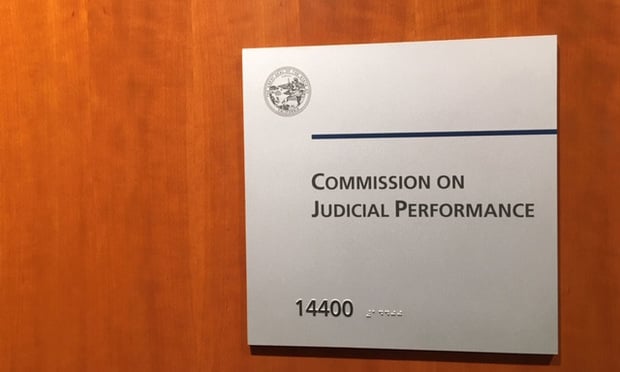Federal courts have recently come under fire over their perceived lack of strong and enforceable ethical standards. The actions of some U.S. Supreme Court members have prompted questions about what disclosures should be required for federal judges, what conflict-of-interest rules should apply and generally how the federal bench can ensure appropriately neutral arbiters. Here in California we’re wondering why this is a problem for them: The state courts long ago adopted systems of judicial ethics and rigorously enforce those rules with effective judicial discipline. Nothing stops the federal judiciary from doing the same—and they should.
The issue with federal judicial ethics is twofold: The U.S. Constitution limits the sanctions on federal judges, and many of those sanctions only apply to the lower courts. Members of the federal bench are “officers of the United States” under Article II, section 2, and under Article III, section 1 they “hold their offices during good behaviour, and shall … receive for their services, a compensation, which shall not be diminished during their continuance in office.” Those constitutional protections limit the available discipline options. Some attempts have been made, but they are arguably anemic.
This content has been archived. It is available through our partners, LexisNexis® and Bloomberg Law.
To view this content, please continue to their sites.
Not a Lexis Subscriber?
Subscribe Now
Not a Bloomberg Law Subscriber?
Subscribe Now
LexisNexis® and Bloomberg Law are third party online distributors of the broad collection of current and archived versions of ALM's legal news publications. LexisNexis® and Bloomberg Law customers are able to access and use ALM's content, including content from the National Law Journal, The American Lawyer, Legaltech News, The New York Law Journal, and Corporate Counsel, as well as other sources of legal information.
For questions call 1-877-256-2472 or contact us at [email protected]


 Nanci Nishimura of Cotchett, Pitre & McCarthy, and David A. Carrillo of the California Constitution Center at Berkeley Law. (Courtesy photos)
Nanci Nishimura of Cotchett, Pitre & McCarthy, and David A. Carrillo of the California Constitution Center at Berkeley Law. (Courtesy photos)




